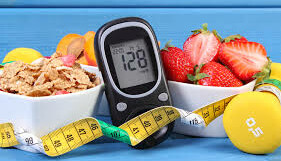National Licorice Day
Today is National Licorice Day! The licorice flavor in the candy comes from the licorice root. It is considered one of the world’s oldest herbal remedies. Native to Western Asia and Southern Europe, licorice has long been used to treat various ailments and flavor candies, drinks, and medicines.
Medicinal use of licorice dates back to ancient Egypt, where the root was made into a sweet drink for pharaohs. It has also been used in traditional Chinese, Middle Eastern, and Greek medicines to soothe an upset stomach, reduce inflammation, and treat upper respiratory problems.
Nowadays, many people utilize licorice root to treat ailments like heartburn, acid reflux, hot flashes, coughs, and bacterial and viral infections. It’s regularly available as a capsule or liquid supplement.
Additionally, licorice tea is said to soothe sore throats, while topical gels are claimed to treat skin conditions like acne or eczema. It is such a popular remedy that you can easily find herbal licorice teas in a local supermarket that help with a cold or inflammation. Today at Private Home Health Care, we celebrate licorice in any form!
Posted in: Healthcare
Leave a Comment (5) →






